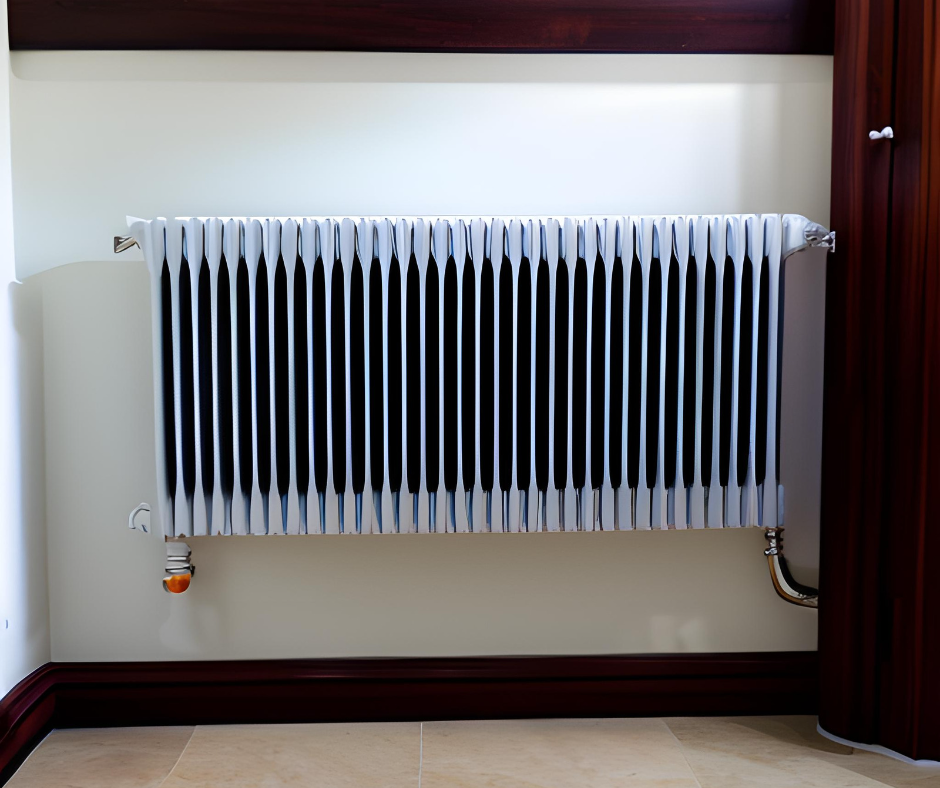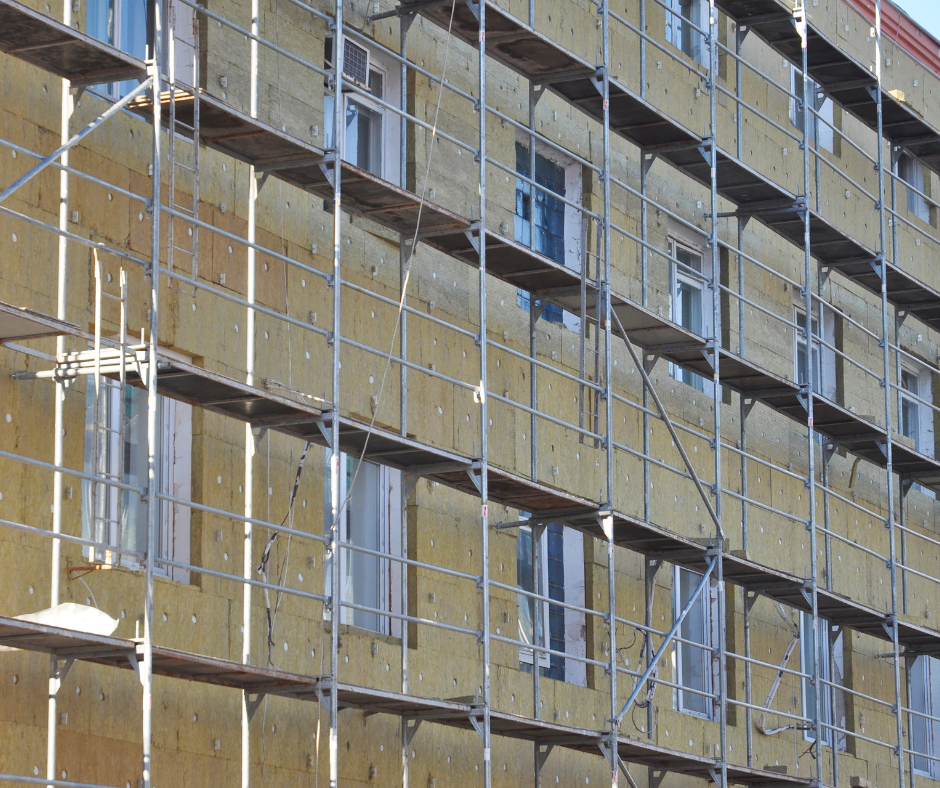According to the Energy Saving Trust, it is more efficient to turn your heating on only when you need it, rather than leaving it on low all day.
The key thing to understand is that it’s all about the total amount of energy required to heat the property and how quickly that heat escapes.
Many of us are conscious of the need for energy efficiency when it comes to heating our homes. We want to make sure that we get the most out of our heating systems, both in terms of cost savings and comfort level. Here are a few tips on how we can do just that.
Factors affecting energy usage in a home
Turning Heating on Only When Needed
It is recommended that you only turn your heating on when needed as this will reduce energy wastage and lower bills. Additionally, this will also increase comfort levels as you won’t be constantly battling against an overly warm environment.
Setting Up Your Heating System for Maximum Efficiency
If you want to maximise efficiency, then it is important to set all thermostatic radiator valves up correctly according to the usage of each room. This ensures that heat is evenly distributed throughout your property and not wasted in certain rooms or areas with no occupants present.
Setting up programmers and timers
Setting up programmers and timers efficiently for peak usage times can optimise the energy usage and provide comfort levels. For example setting up a timer to switch a boiler on 30 minutes before waking up on a cold winter day could ensure the property is thermally comfortable.
Other appliances
Understanding total energy requirements is key when trying to achieve maximum cost-savings and environmental sustainability with regards to home heating usage. You should consider the fact that there may be other appliances which produce heat and use energy in addition to your central heating system, such as ovens and hot water cylinders, so factor these into your adjustments accordingly.
Other Tips for Enhancing Home Heating Efficiency
There are many other ways you can improve your home’s energy efficiency with regards to heating systems practices, such as insulating hot water cylinder, hot water supply, installing thermostatic radiator valves, timers, keeping radiators clear from obstacles and draught proofing windows and doors against heat loss etc.
The size and make up of a property
The size of a property is one factor when it comes to energy efficiency. It’s all about the total amount of energy required, and how much energy it takes to heat and cool a building. Factors like external temperature, size and layout all play a part in determining how efficient an area is with its energy use. As an example a large detached property can lose more heat than a small terraced property which is sheltered on two sides.
Insulation levels
Insulation levels are a significant factor on the heat loss from a property. A dwelling can lose heat from the floors, walls and the roof. If insulation in a property isn’t inadequate, warmth will escape more quickly and result in higher bills despite not having the heating on all day.
Smart heating controls
Smart heating control features such as geofencing allows detection of when people are in or out of the property and make changes based on it, ensuring that no energy is wasted and helps save money on bills. All these measures can greatly contribute to making your home heating more efficient and cost effective when you’re away from your property for long periods of time!
Is there any scenarios where it would make snese to keep heating on low all day?
There is a valid argument that it is more efficient to keep the heating running all day if their property is well insulated and powered by an air source heat pump. Generally speaking, if your property has adequate insulation, you will benefit from keeping the heating on at a low setting.
Doing so maintains optimum temperatures all day long and ensures that you remain comfortable throughout the home. In addition, this steady warmth can reduce heat-related stress on your air source heat pump, helping to extend its life expectancy in the process. Ultimately, getting the balance right between efficiency and cost savings takes some experimentation with temperature levels and settings – but it’s worth researching for maximum energy efficiency in the long run.
Final thought
By following some simple steps outlined by the Energy Saving Trust, homeowners and tenants alike can ensure their homes are heated efficiently whilst saving money at the same time!
From turning on heating only when needed through setting up your system for maximum efficiency all the way down to additional tips for enhancing home heating efficiency—there are lots of ways we can make sure we stay warm without wasting energy or spending too much money.
If you require any advice or help in making the necessary heating adjustments or efficiency improvements contact us today.



